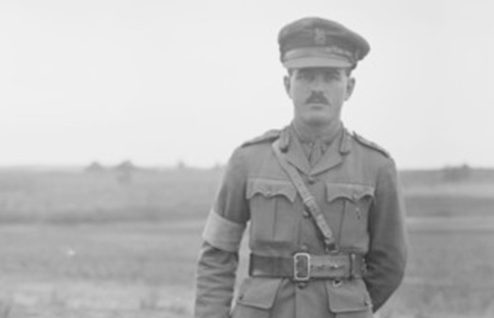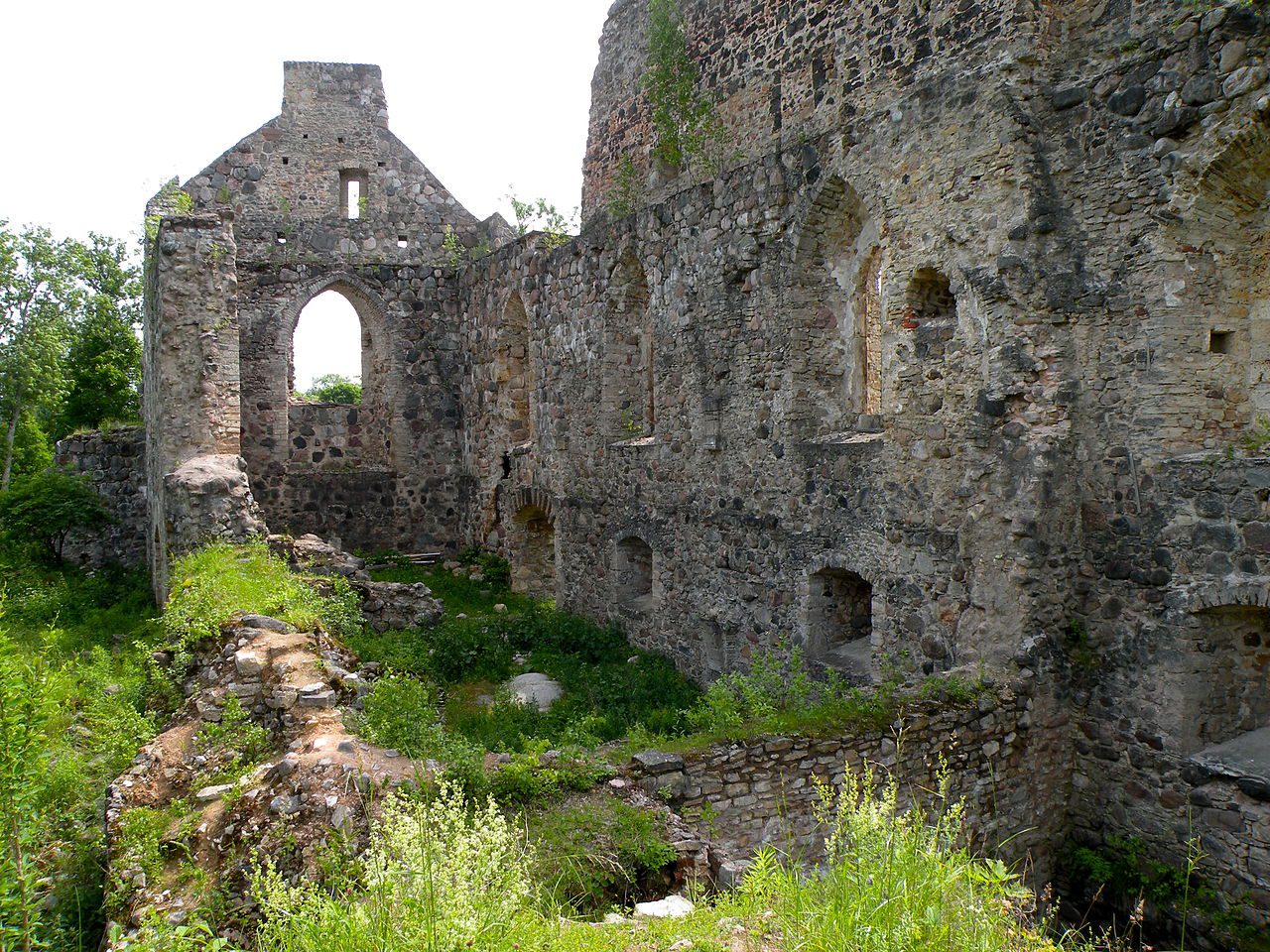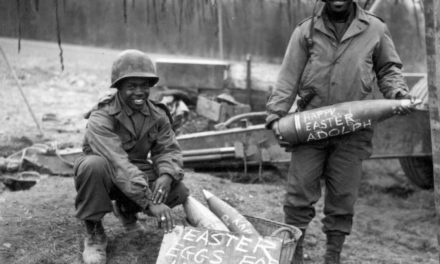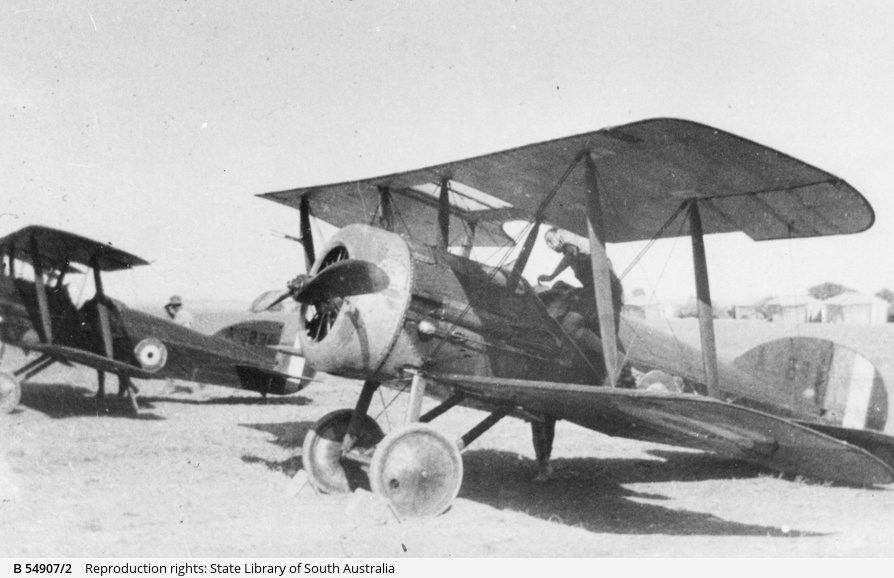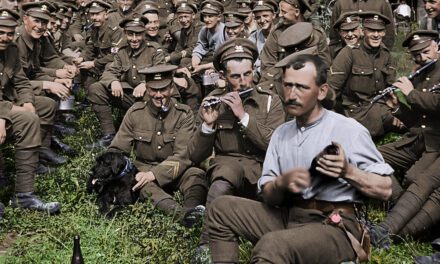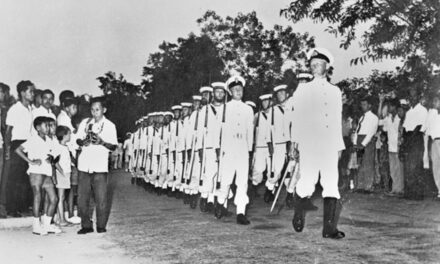An Australian Staff Officer who served his nation for 54 years from 1912 to 1966. Robert Nimmo was in the second intake to the newly raised Royal Australian Military College Duntroon when it was founded in 1912, and went on to serve in combat and staff roles in the Australian Light Horse Regiment through Gallipoli and the Desert Campaign. Staying in the military during the significant downsizing of the Army and the Great Depression.
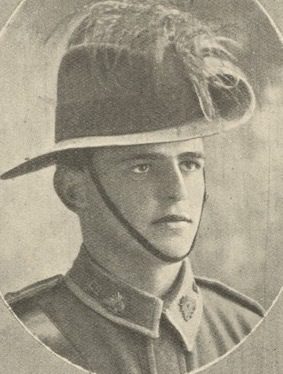
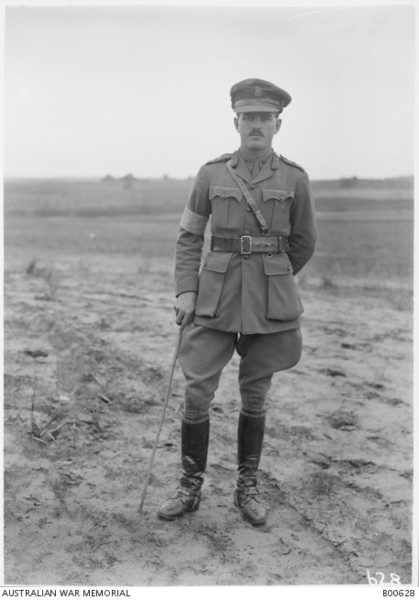
He was a cavalry officer at the start of the Second World War. He worked to develop armoured warfare in Australia before operating once more in Staff positions at the Regiment, Division, Corps and Army levels during the Second World War. He would go on to be the commander of the Australian contribution to the British Commonwealth Occupation Force, and gained service number 1/1 in Australia’s Interim Army, the precursor to the Modern Australian Army.
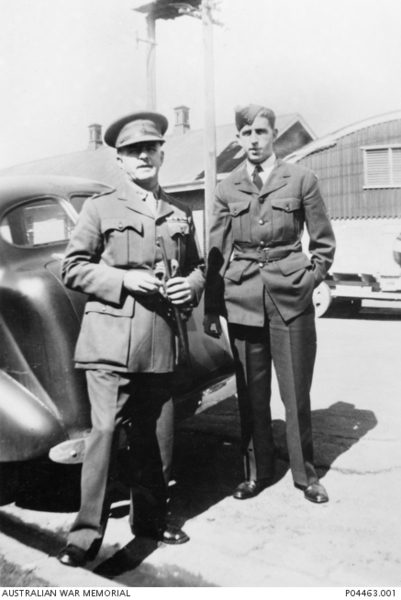
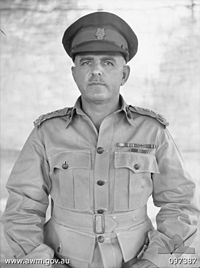
Despite serving in both World Wars, his greatest contribution would be the 15 years he would serve as the Military Commander of the United Nations Military Observer Group in India and Pakistan, and in doing so would become the longest-serving UN Peacekeeper Commander, and the First Australian to command a UN mission.

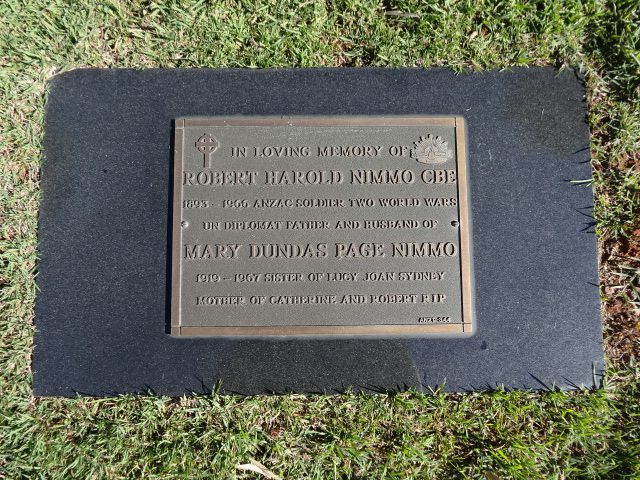
Only Death would bring an end to his service and he is the oldest eligible person to be included on the Australian War Memorial’s Roll of Honour.
This podcast episode is by Ross Manuel from the excellent I Was Only Doing My Job: Australian Military History podcast. This podcast series tells the stories of Australia’s Military History through the individual stories of those who served; where they grew up, what they did, and invariably what happened to them. Ross is working with History Guild to ensure these stories reach a wide audience.
Listen to the podcast
Articles you may also like
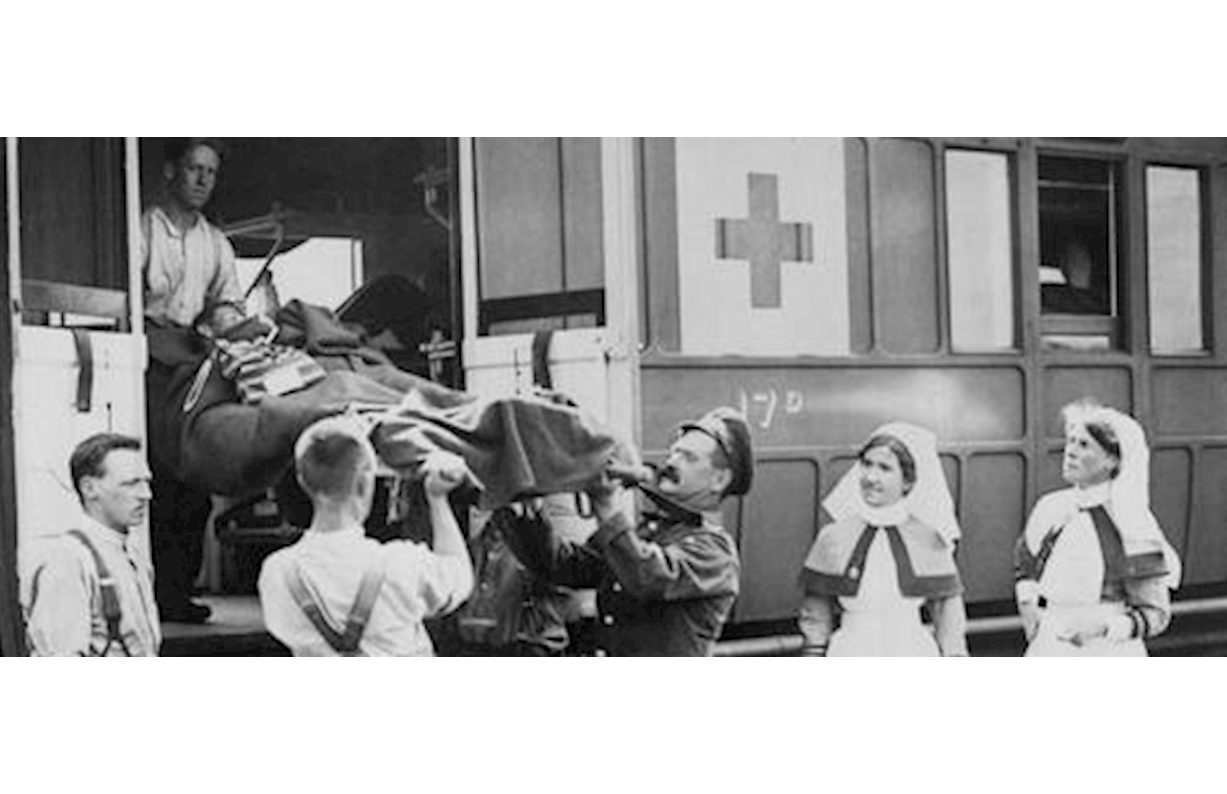
‘I want to scream and scream’: Australian nurses on the Western Front were also victims of war
The revival of interest in Anzac since the 1980s has depended in part on the repositioning of soldiers as victims. We rarely celebrate their martial virtues, and instead note their resilience, fortitude and suffering. This shift in emphasis opens up more promising space for the inclusion of women. Nurses were not warriors – they were […]
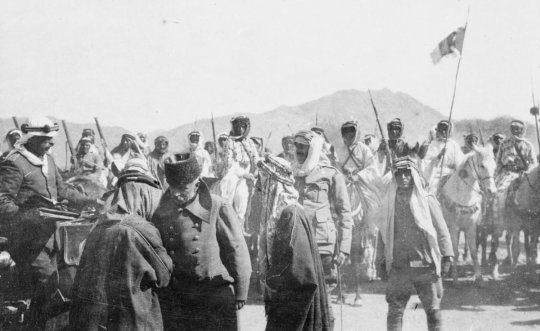
The First World War continues: Medina, Arabia, January 1919
Reading time: 6 minutes
or many in the West, the First World War in the Middle East was a sideshow to the Western Front. The story of the wartime siege of Medina is even less well-known. But in the region it is still debated and contested, for example in December 2017 when the Foreign Minister of the United Arab Emirates accused Fakhri Pasha of stealing items from Medina, which earned a strong rebuke from the President of Turkey. The First World War in the Middle East had a profound effect on the region, with consequences to this day.

